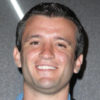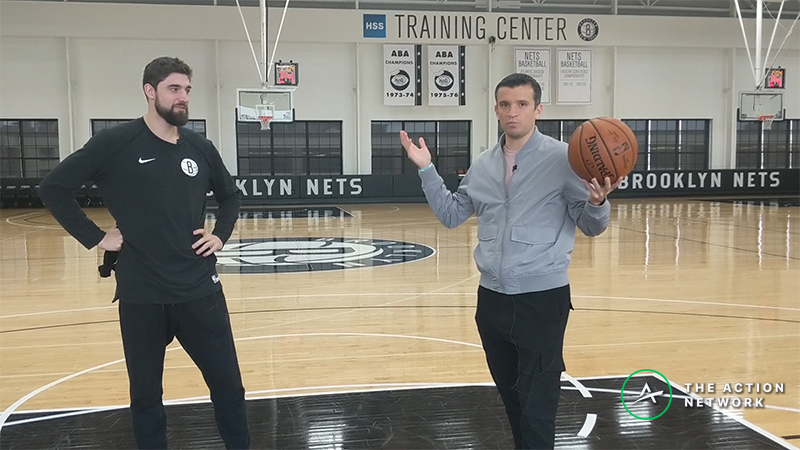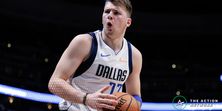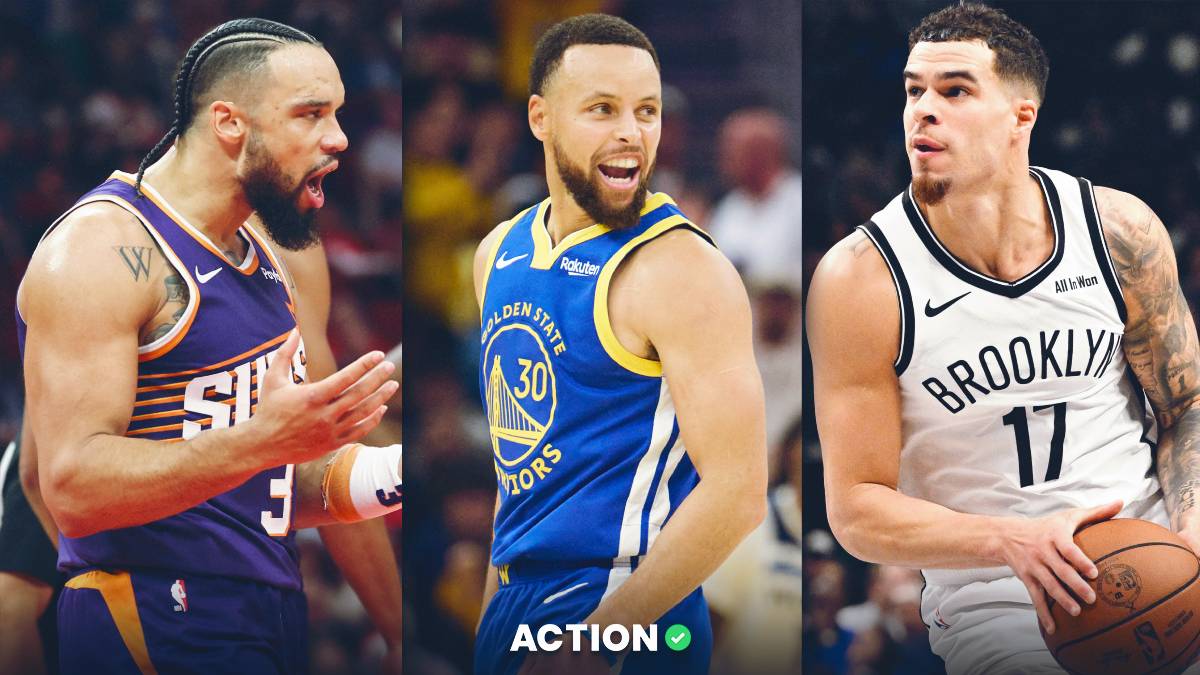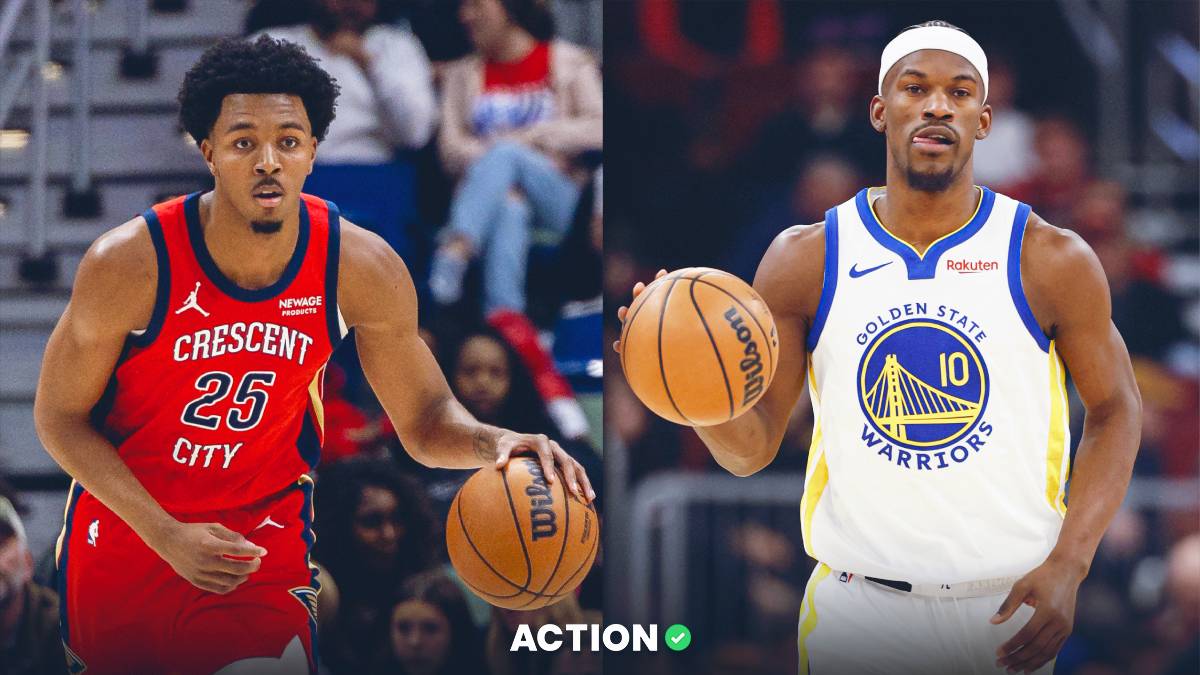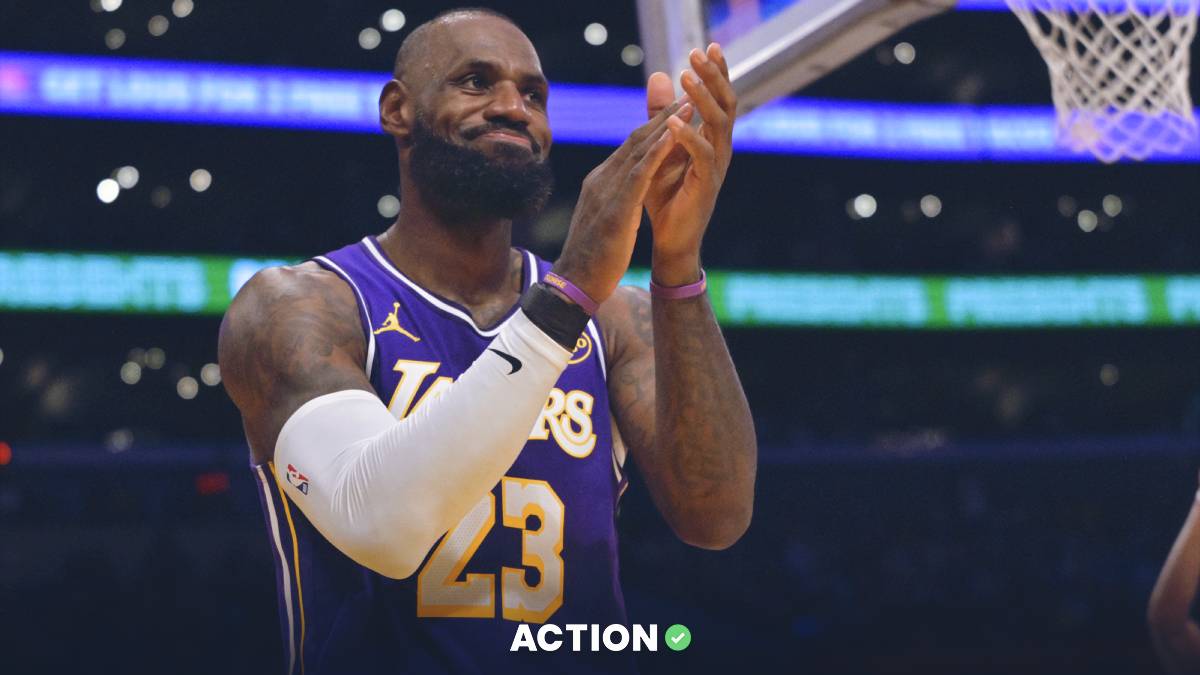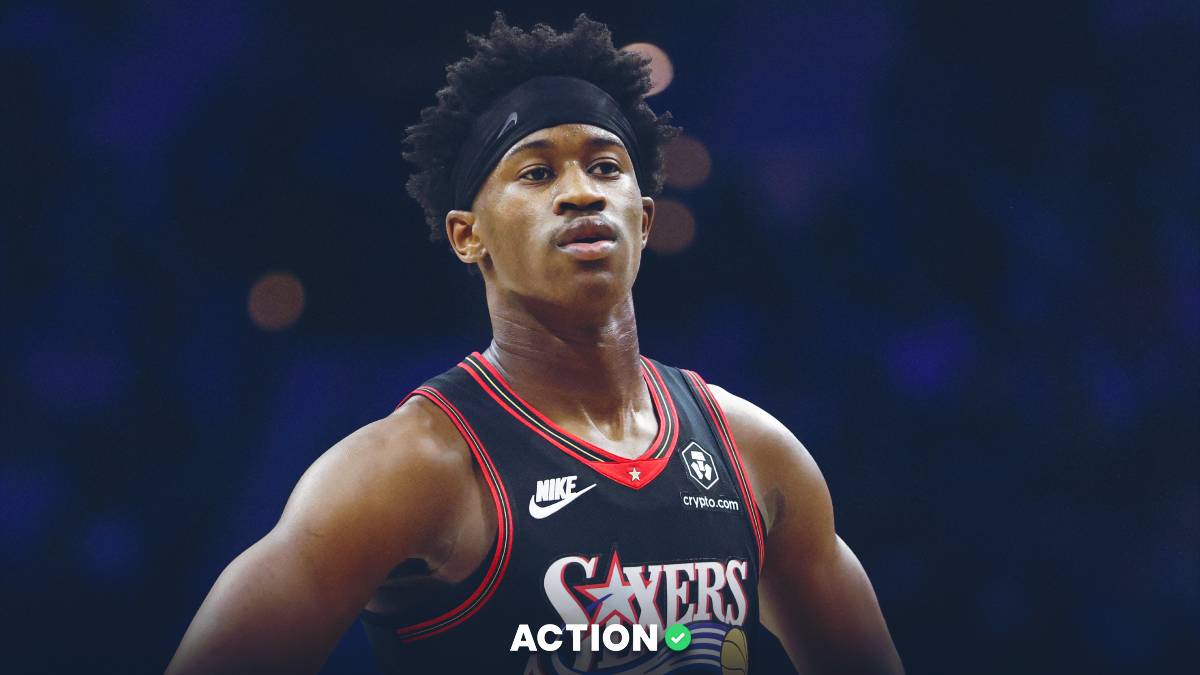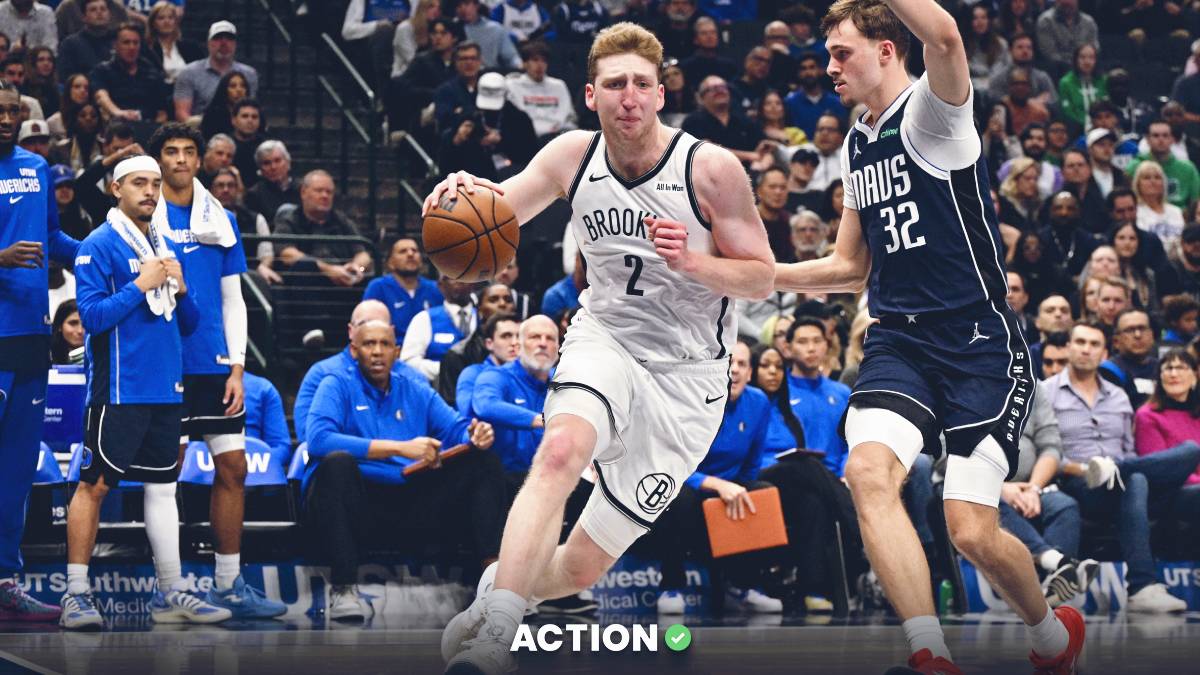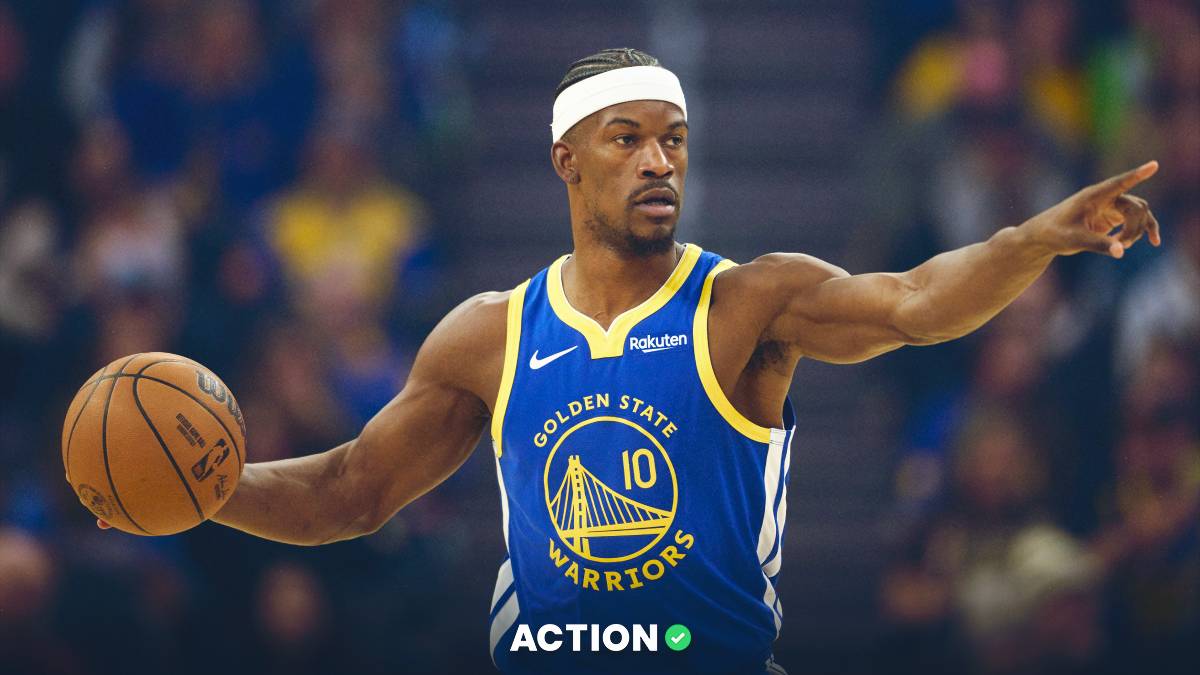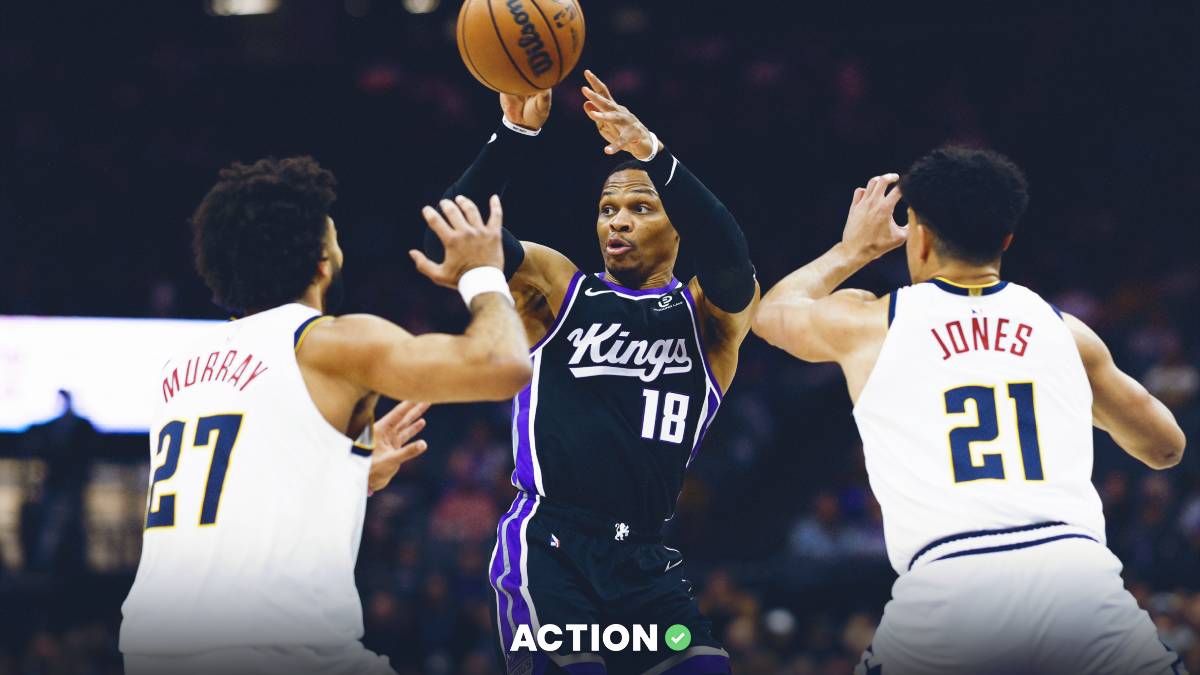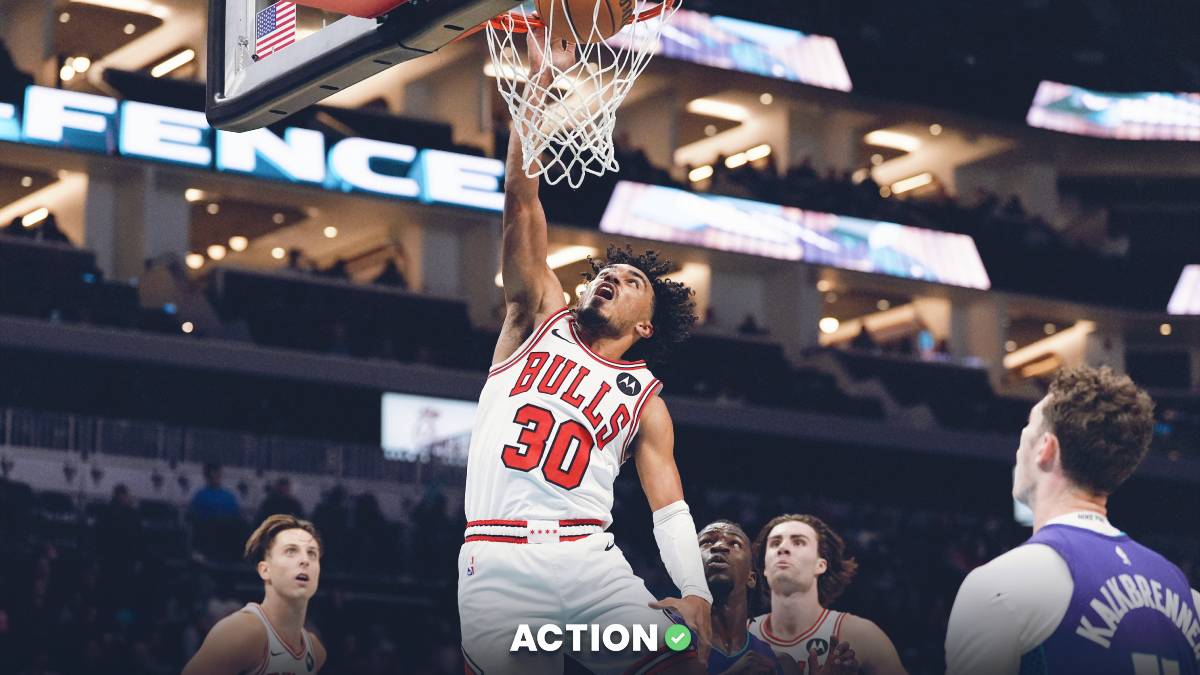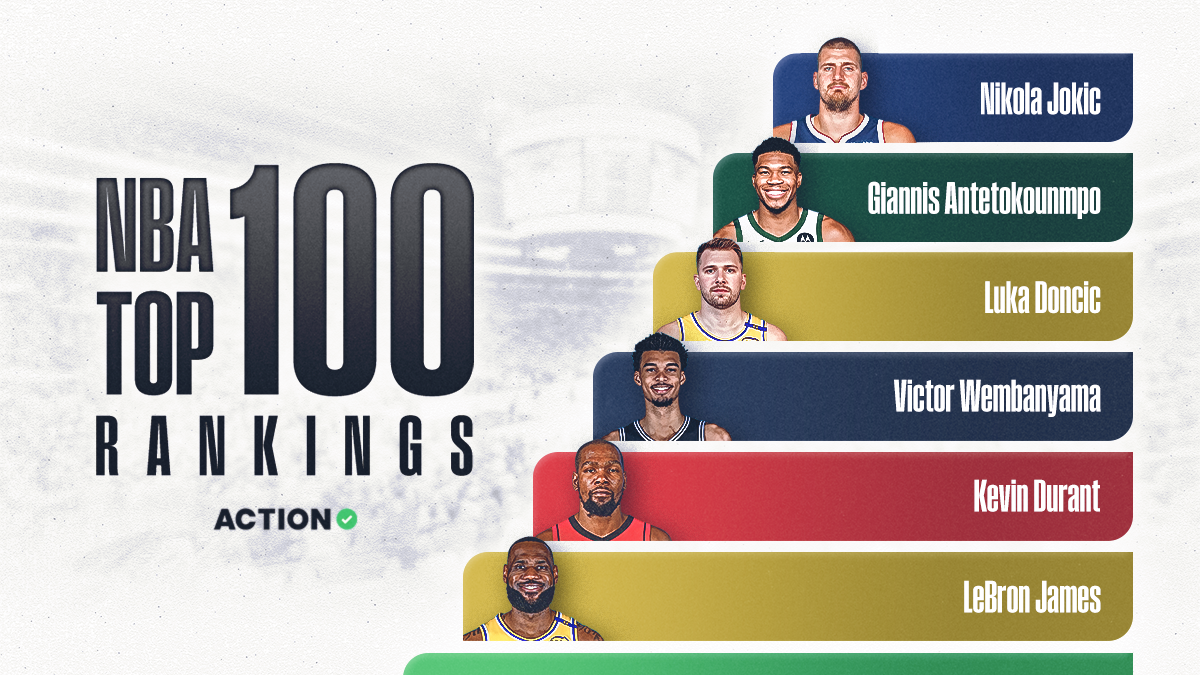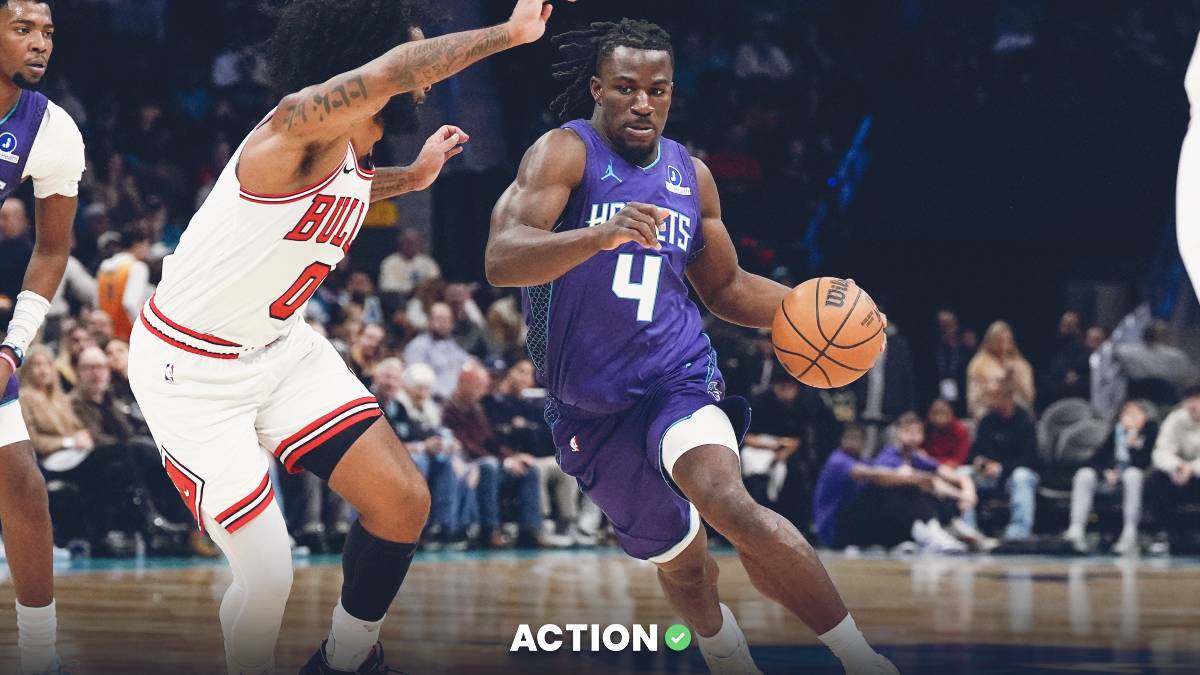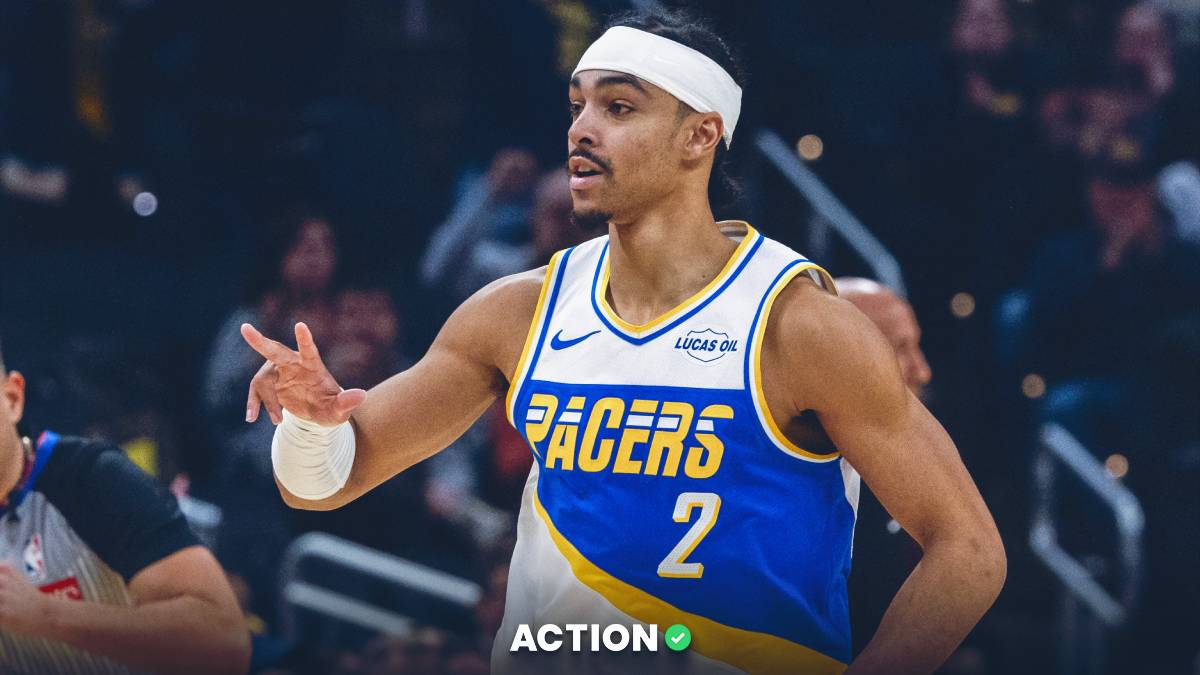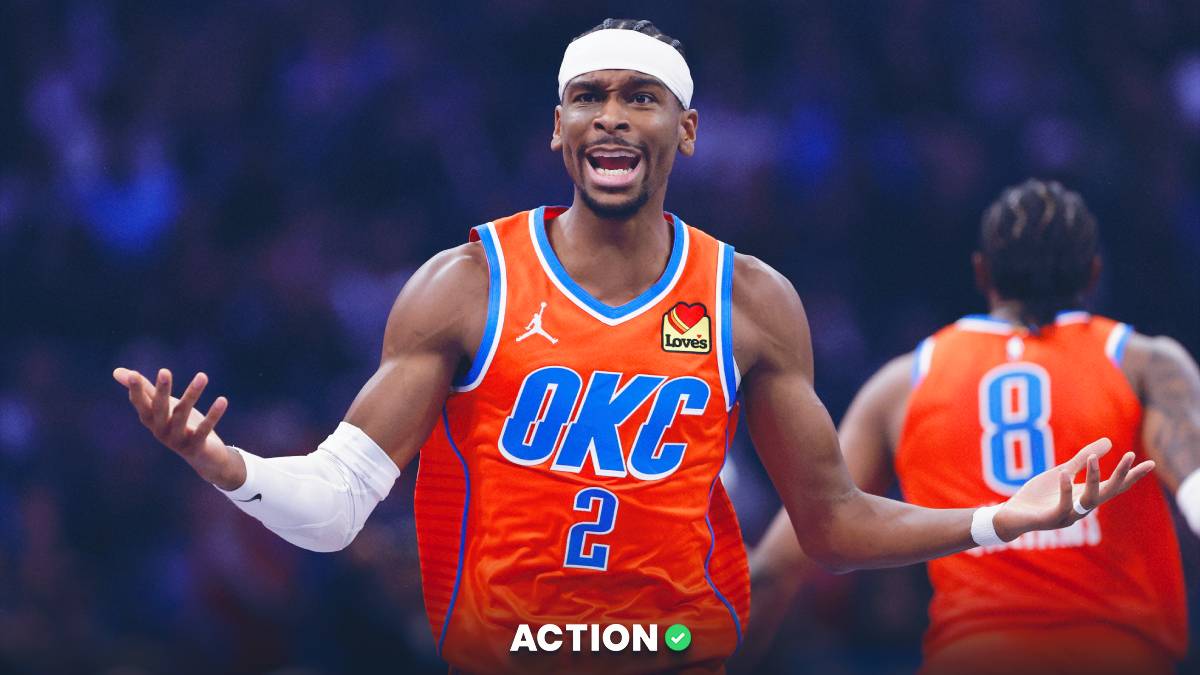- In the exclusive interview below, I sat down with Brooklyn Nets guard Joe Harris, who leads the NBA in 3-point percentage this season.
- We discussed why he enjoys flying under-the-radar, what he learned playing with LeBron in Cleveland and whether he'd accept an invite to this year's 3-point contest at All-Star weekend.
New York's Industry City is home to many blue-collar workers, and as of 2016 it added a new resident: the Brooklyn Nets.
Nothing in the NBA has exemplified blue-collar work more than the borough's professional basketball team, scratching and clawing wins by any means necessary, and rebuilding an image and reputation that was rarely taken seriously in the country's biggest metropolis before now.
At the heart of the culture is Joe Harris, the four-year college standout who has established himself as one of the league's most proficient 3-point shooters.
In an exclusive 1-on-1 with the Nets sharpshooter, Harris reveals the methods of his madness, how he's able to lead the league in 3-point percentage in such a short period of time, why he enjoys flying under-the-radar, what he learned playing alongside LeBron in Cleveland as a rookie, how his background of growing up in a small town in rural Washington got him to where he is today and more…
Rob Perez:Let's dive right into it. I'm told that you're the guy who just walks through the front door at the Barclays Center. Is that true? Take me through your game day routine. You're cool with just walking through the front door? You that type of guy?
Joe Harris: Yes. I live a five-minute walk from the Barclays, so [it's] obviously an easy commute and I just slide in the side entrance. Typically, [I] just walk in, nobody bothers me, but around the time that I go over, it's about three hours before tip. There's not a lot of traffic or people walking around the Barclays at all, and [I] ride in, ride out. Same way.
RP:Do you have any pre-game shooting rituals? Let me steal your secrets. This is a safe space. We won't tell anybody.
JH: It's like the simplest thing ever. I mean, I do the same thing I have for the last four years. I like to get to the arena pretty early. Like I said, probably three hours before tip. So, like, for a 7 p.m. game, I'll try to get there around 4. I'll probably make 75 shots and [it] usually takes me about 10, 15 minutes, and they're kind of just from a variety of spots. I go through in-game actions and some different spot-up shooting. Just get the rhythm, but the whole routine itself has been exactly the same for the last four years.
RP: How important is the routine? And let me give an example real quick, because ever since the NBA changed the rule that you can't walk away from the foul line and walk to half court and touch the ball, it's messing up some free throw shooters. For example, Russell Westbrook is all about routine. Not that you're compared to Russell Westbrook anyway, but does your routine or your rituals lead into what you do on the court?
JH: 100 percent. I mean, shooting is all about rhythm, and that's what helps establish my rhythm every day: by doing the same thing. And, like you said, it's obviously easier to see it with guys when they go to the foul line, and if you disrupt that rhythm, that routine, it can throw people off. For me, [it's] maybe a little bit of superstition, but I try to stay as consistent as much as possible. We talk a lot about just building up consistent habits, and for me it's a habit and I'm trying to be as consistent with it as possible.
RP:It sounds Ray Allen-esque.
JH: Yes. I just don't want to mess with it. I like what I have established and it helps put me in the right mindset going into the game, too, where I know that … It's like developing a routine before going to bed or something like that. It's exactly the same thing. It just kind of gets me in the right mindset to play a game.
RP:Let me take you through the numbers here real quick. From 3-point land, you've gone from 37% to 39% to 42% to almost now 50%. Nobody just accidentally shoots 50% shooting five times per game. What is going on here, because those are significant improvements from rookie season to now. What do you credit it to?
JH: Obviously I'm fortunate to be in a situation here in Brooklyn where a lot of our offense is predicated around getting shooters shots. Kenny, our coaching staff, front office — [they're] really big on guys taking 3s. They don't shy away from it at all. They're very big in analytics. They want guys taking a lot of 3s, so for me, I come into the situation, that's my game. That's what got me to the NBA, and I've kind of been able to refine it here over the last couple of years. But like I said, [it's] the routine that I have. The offseason work that I put in. Everything is geared around how I'm going to get shots in the game, and I think getting more and more comfortable within the offense, within the system, with teammates, elevates your confidence, and that's kind of where I'm at right now.
RP: You seem like a mostly humble guy. From humble beginnings. From a small town, which we'll get to in a minute, and I have to know because, as of filming this interview, of every NBA player who has taken at least 150 three-pointers, you currently lead the league in 3-point percentage, so I need to know: First of all, if you're asked to be in the 3-point contest at All-Star weekend, would you do it?
JH: Yes. I would definitely do it if I was asked.
RP:And the answer's not always "yes" because look at the Home Run Derby. Some people blame it on messing up their swing. You don't feel like it would mess up your shooting rhythm?
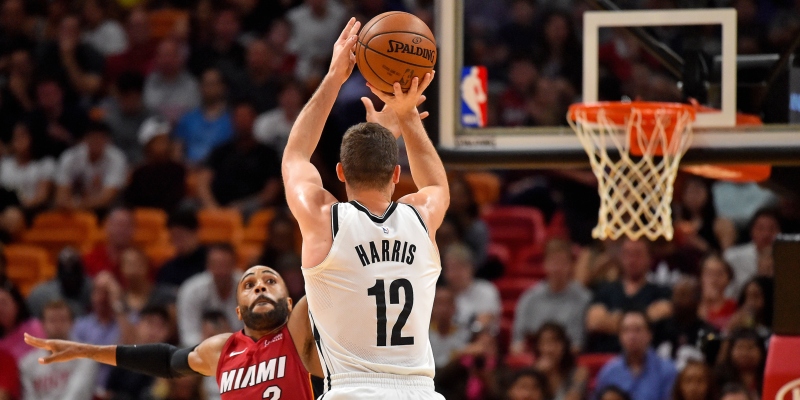
JH: No, no, and the way that I look at it is … obviously I'm a big fan of the game itself. I watch All-Star weekend and all the events that happen every year, and for me, I think it'd be just more of an awesome opportunity. Just to be able to go and do something fun. I wouldn't put a ton of pressure on it. I think it'd be fun just to represent the Nets and myself, too.
RP:Every time I watch a Nets game I swear if you catch and shoot and you're not being guarded, there's a 75% chance the shot is going in. I would attribute half those misses you actually have at the end of the buzzer, at the end of the shock clock or something; it's a freaking layup every single time. And I'm not just saying that because you're sitting here. So I have to ask you: If I put 100 balls in this gym, is there anyone in the NBA who could beat you in a wide-open just shooting contest? Stephen Curry did this on camera. 96 out of 100? Could you beat that?
JH: No. 96 out of 100 is ridiculous.
RP: You don't think you could? You do it during games though.
JH: Yes. I make it at a pretty consistent clip in games. Just to kind of walk in and make 96 out of 100, even if you're shooting from 10 feet, is pretty tough to do, so the fact that he was knocking down NBA 3s at that clip is ridiculous. I don't know. There's tons of great shooters. Even on our team we have a lot of great shooters, but we do this shooting workout called the Nets 105, and a lot of teams have their own variation to it, where basically you shoot 105 threes that must be done at game speed and game sort of shots.
RP:What's your record?
JH: The highest I've ever gotten is 91 on it. And that's coming off like cuts and screens, stuff like that. Not just standing still.
RP:The answer's yes. You just won't say it. OK, so you have several nicknames throughout your career all the way dating back to high school: Beef Jerky Joe, Joey Hoops, Moses. Which one are we rocking with? You need a nickname.
JH: Moses is unique. I think that started because I got the beard. I had the long hair earlier in the year, too. The Beef Jerky Joe, that's Richard Jefferson, who I played with in Cleveland. He's making fun of me, but it's more to do with the relationship that I had with them.
RP:Are they all sanctioned? They all approved?
JH: Yes. They're all approved. I'm not against any of them for sure, but to go back to Virginia, they started calling me Joey Hoops, and that's where Joey Buckets came from.
RP:Well, since you brought up Cleveland … January 5, 2015 was your first NBA start. You dropped a career-high 16 points. Can you take me through the moment of not only running through the tunnel, but doing player introductions and walking out onto that half court? Were you confident? Were you nervous? Were you about to shit a brick?
JH: I mean, I was nervous, obviously. The way that it happened, the circumstance of it, we had a couple guys get traded right before the game, so we were already shorthanded to begin with. If I remember correctly, three starters were out, and then Dion Waiters and Alex Kirk got traded. We had barely anybody on our bench, and then they're just like, "Joe. You're starting."
RP:No pressure at all. You're starting next to LeBron James.
JH: Yes, and you're going to be playing probably 25, 30 minutes. I was obviously really nervous. Yes.
RP:LeBron is the world-recognized name. Is there anything, not just from that night playing with LeBron, but throughout your time with the Cavs that has lasted with you to this day? Whether it's a specific moment, advice, anything…
JH: Yes, for sure. I mean, I was there for a year and a half. Obviously just by watching you learn a lot, and then he was a great teammate, very professional in his approach; [he] was always helpful and willing to give advice whenever asked. But for me personally, watching his day-to-day approach, even just aside from the basketball stuff, I always tell people he's arguably the best athlete in the world in taking care of his body. For me, as a young player coming into the NBA, it was a really valuable experience just being able to learn and see that and see how diligent he was and focused to the little things in terms of taking care of his body, and [see] how that translates to the basketball court and helps you play better.
RP:Did you know during the Wine and Gold practice that he was going to send you out first? I found a video of it. LeBron is like, "Everyone go!" and it's just you running out to the court with Kirk behind you.
There you go running out with the fireworks and everything. It looked like the Oregon Duck at the National Championship running out to the field by himself. Did you know that was happening or did he trick you?
JH: I mean, that's just a little bit of the rookie hazing-type stuff. My rookie year I was with tons of NBA vets. You look across that team you have Mike Miller, James Jones, Brendan Haywood, Shawn Marion. All these guys have 10, 11, 12 years-plus of experience, and the approach to the way that the rookies are treated is quite a bit different than it is now. I carried a backpack around. I picked up coffee and donuts and newspapers and then had to get sent out early a couple times.
RP:Do you still have that same, close relationship with [Matthew] Dellavedova?
JH: Yes. We actually lived in the same building when we were in Cleveland, so obviously you spend a lot of time together on the court, but then when you'd go home after practices, games, whatever it might be, we were always rolling in together, and then [we were] just very similar personality-wise. Clicked. Got along really well, and Delly definitely took me under his wing, helped me out a lot. Just getting my feet wet in the NBA, kind of learning the ropes–
RP:Does he guard you when you guys play against each other?
JH: No, he doesn't. He doesn't. Occasionally, and we haven't actually played against him yet this year because we played against Milwaukee recently and that was right when he got traded, but when we go back to Cleveland–
RP:He knows all your moves?
JH: Yes. He definitely would. He knows I'd probably just prefer to shoot over anything.
RP:There's one more story to tell. When you were getting recruited by Tony Bennett, the first time he supposedly met you was in an open run in a gym and you were playing with your sisters. Is this true?
JH: This is true. Yes. I mean, it started a little bit beforehand. The story's exaggerated a little bit. So he had been recruiting me, and then it was a period where they were allowed to come and visit, and a lot of college coaches just came to open gym, and our open gyms we always had girls and guys. No matter who was there, everybody would get in on the run.
RP:Your sister was there.
JH: And so my sisters were there.
RP:Was she balling you up that day, too?
JH: I mean, obviously not that bad, but she's pretty good herself.
RP: You're living in Brooklyn now. The biggest market in America. You come from a city of 4,000 people. What's it like living the Varsity Blues life? You're a former Mr. Basketball in the state of Washington, from a town of 4,000 people. That makes you Johnny Moxon, right? Did you live that lifestyle or was it just chill and hoop?
JH: Yes. I mean, it's pretty a simple life as you can imagine: 4,000 people, there's not a lot to do other than play sports, hang out with your friends. I mean, most of the people that I finished high school with, I grew up with from the time that I was five, six years old, so you have a lot of really close-knit relationships and everybody is just very simple in almost every aspect of life and it's very similar. When I go back now, not a lot is changed.
RP:It's just the way you left it.
JH: Exactly.
RP:OK, last question. If you could give any NBA defender a 50-piece right now, who would it be? It could be a former player, former teammates, someone like Richard Jefferson, current player. Essentially what I'm asking is if you're guarding me, I'm going to drop 50 on you. Who are you?
JH: It'd probably be … The fact that you mentioned Richard Jefferson. It'd probably be one of the veteran guys. They used to just mess with me all the damn time. Making me grab coffee and newspapers and all that stuff. I mean, it was all in good fun obviously. I have good relationships with all those people, but I'd probably want it to be someone that I was closer with, I guess. Yes.

